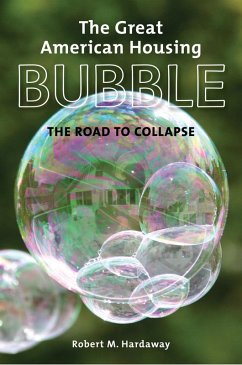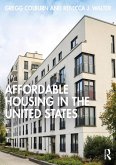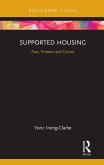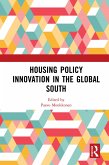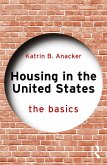This meticulously documented work sets forth the major causes of the greatest asset bubble in world economic history-the American housing bubble, which began in 1940 and collapsed in 2007.
In the aftermath of the American housing collapse in 2007, many ask why. The Great American Housing Bubble: The Road to Collapse asks a different and more fundamental question-how the bubble was created in the first place. To answer that question, it examines the causes, both political and economic, of the American housing bubble, created between 1940 and 2007.
Those causes encompass everything from federal income tax subsidies for housing to local exclusionary policies, banking, accounting, real estate appraisal, and credit agency rating practices and policies. The book also takes into account the impact of greed, government regulation, speculation, and psychology-including blind faith in investment advisors-on the creation of the greatest asset bubble in the economic history of the world. The author takes a comparative historical approach, examining the current crisis in the light of notorious bubbles of the past. In the end, he concludes that the events precipitating the most recent collapse can be traced, at least in part, not to too little government regulation, but to too much.
In the aftermath of the American housing collapse in 2007, many ask why. The Great American Housing Bubble: The Road to Collapse asks a different and more fundamental question-how the bubble was created in the first place. To answer that question, it examines the causes, both political and economic, of the American housing bubble, created between 1940 and 2007.
Those causes encompass everything from federal income tax subsidies for housing to local exclusionary policies, banking, accounting, real estate appraisal, and credit agency rating practices and policies. The book also takes into account the impact of greed, government regulation, speculation, and psychology-including blind faith in investment advisors-on the creation of the greatest asset bubble in the economic history of the world. The author takes a comparative historical approach, examining the current crisis in the light of notorious bubbles of the past. In the end, he concludes that the events precipitating the most recent collapse can be traced, at least in part, not to too little government regulation, but to too much.

